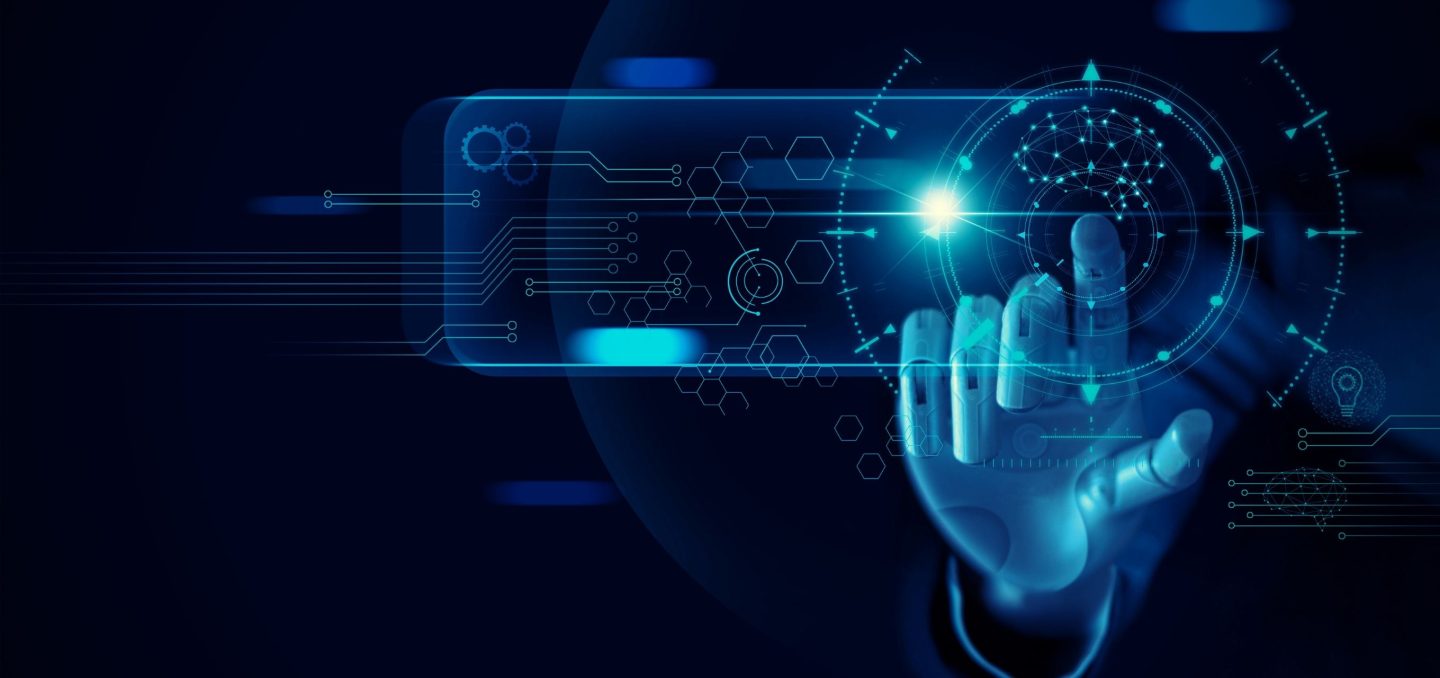When technological advances are not just progressions but revolutions, the concept of “AI to AI” is beginning to make itself felt on several levels. The possibility of collaboration between different types of AI goes beyond traditional applications of artificial intelligence and into a system where AIs are entities that communicate, learn, and empower each other.
This paradigm shift is bringing with it a new era of technological synergy, in which AI systems collaborate, leading to exponential growth in capabilities
Below are some topics with respect to the ‘AI to AI’ concept, examining its implications, potential applications and how it is set to redefine the landscape of technology and industry. The “AI-to-AI” approach is set to transform our understanding and application of artificial intelligence within the healthcare industry.
Focus on the healthcare market
AI systems have the capability to communicate with each other across various healthcare platforms, from electronic health records (EHR) to diagnostic tools. For instance, an AI that analyzing patient data within an EHR could interact with another AI specialized in imaging, enabling a more comprehensive and faster diagnosis for healthcare professionals.
AI to AI interactions can optimize patient management by coordinating various healthcare services. One AI could manage the scheduling, while another could handle medication management, ensuring a harmonized approach to patient care.
AI could work together to personalize treatment plans. One AI could analyze genetic data, another could examine current medical research, and a third could monitor the patient’s response to treatments, overall offering highly personalized approach to healthcare.
Focus on research and development
In pharmaceutical R&D, different AI systems could collaborate to accelerate drug discovery. One AI could analyze biological data to identify potential drug targets, while another could simulate drug interactions.
AI could reimagine clinical trials too. An AI might be tasked with designing trial protocols based on historical data, while another a separate AI could monitor trial data in real time, identifying trends or problems early in the process.
Different AI models could predict the success rates of various research avenues, helping organizations allocate resources more effectively to the most promising projects.
Focus on process optimization
In the healthcare industry, supply chain management is crucial and AI systems can aid us in predicting inventory needs, manage logistics and even automate ordering processes. The AIs achieve this by communicating with supplier systems, ensuring optimal inventory levels and timing.
AI specialized in diagnostics can interface with those designed for treatment planning. For example, an AI model analyzing medical images (such as MRI or CT scans) can directly transmit its results to another AI system specialized in treatment plans, ensuring a rapid and seamless transition from diagnosis to treatment.
In addition, those analyzing biochemical reactions can collaborate with those studying clinical trial data, thus speeding up the identification of potential drug candidates and optimizing clinical trial designs. This has the power to accelerate the time to market for new drugs.
AI in telehealth platforms can work closely with AI-driven remote patient monitoring devices. Data from patient monitoring devices can be analyzed in real time by AI algorithms, which can then alert caregivers or initiate automatic responses when necessary.
AI focused on data security can collaborate with clinical AI applications to ensure the continuous protection of patient data. Including real-time monitoring of any data breaches or anomalies and ensuring compliance with regulations such as GDPR or HIPAA.
AI can be designed to provide feedback to each other; an AI specialized in quality control can even review the performance of a diagnostic AI, resulting in continuous improvements of diagnostic accuracy.
Focus on ethical and practical considerations
For effective communication between AI systems, standardization of data formats and protocols is crucial.
Across the healthcare industry, sensitive patient data must be protected. Secure and encrypted communication channels between AI systems are essential and comply with regulatory standards such as HIPAA in the US or GDPR in Europe.
AI systems often process large volumes of sensitive patient data. Therefore, the confidentiality and privacy of this data during AI interactions must be ensured. It’s important to keep in mind the risk of risk of data breaches or unauthorized access when data is transferred from one system to another.
AI algorithms can inherit and amplify biases in their training data. Interactions between AI systems can potentially propagate these biases across different platforms, leading to discriminatory practices.
Determining the responsibility for AI systems can be challenging, especially when decisions are made autonomously without direct human oversight. This raises questions about who should be held responsible for errors or negative outcomes: the developers, the healthcare providers, or the AI systems themselves. Despite the autonomy of AI systems, human supervision remains crucial to address unforeseen problems and ethical concerns.
The Way Forward with AI-to-AI Interactions
The concept of AI to AI interactions in healthcare represents a significant leap towards more intelligent, efficient, and patient-centered care. As AI technologies advance, their potential to revolutionize healthcare continues to grow, promising to address some of the most challenging aspects of modern medicine.



